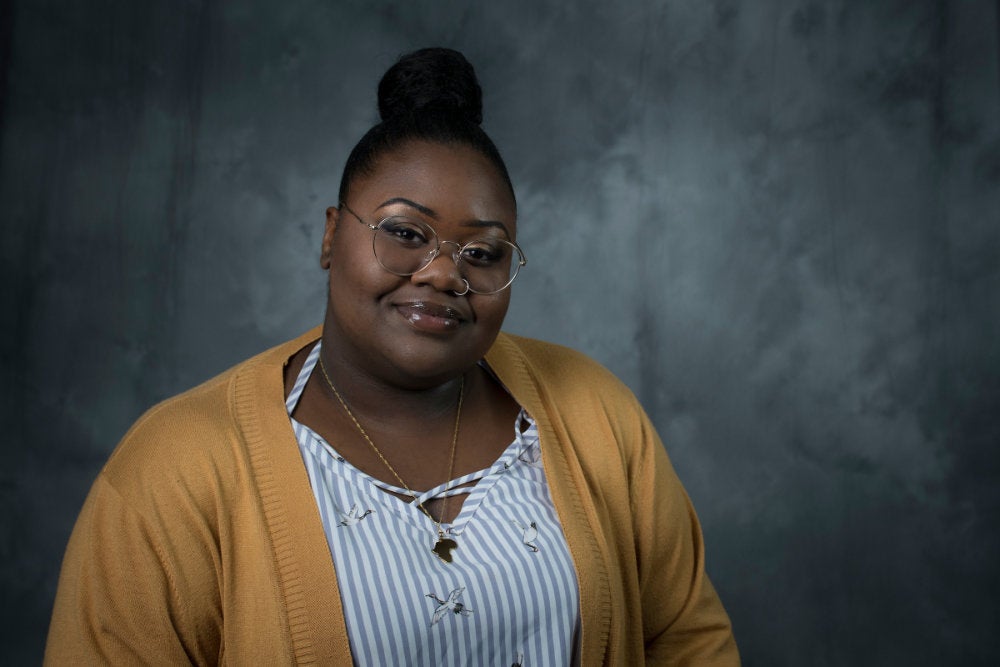
“Your identity, how you see yourself, how the world sees you and how you view the world back is a critical one.”
When Africa Smith enrolled at the University of Rhode Island, travel abroad wasn’t even on the radar screen.
While her mother was born in Costa Rica, Africa had never traveled outside the country before. She learned about a special passport information session offered through the International Center, and she obtained her first passport.
For a while she concentrated mostly on academics, pursuing a dual major in Africana Studies and Political Science with a minor in Justice, Law and Society. As she learned about different cultures, she felt that studying abroad would add something to her experience, both personally and academically.
“I still had that passport, and it was still valid!” she says.
She selected a three-week winter J Term program in Cuba. “We left not long after the presidential election in the U.S.,” Africa says. “Fidel Castro had recently died, so it was an interesting moment politically, with a lot of change.”
The students spent the majority of their time in homestays, called casa particulares, a government-run program allowing Cubans to rent out whole apartments or houses to travelers. “The families were so welcoming,” she says. “We spent a lot of time just talking to our hosts about their perspectives and their hopes for their country.”
Africa was surprised at how much she connected to her own culture through the experience. “I didn’t expect to see so many people who looked like me,” she noted. “And it was interesting to see that they lived primarily in the poorer neighborhoods.” She enjoyed listening to the Afro-Cuban music and thinking about how different groups within the African diaspora express their culture. One of the highlights was a performance by Hibana Compas, a vibrant dance company who draw from flamenco, ballet, and Afro-Cuban styles of movement set to West African djembe and bata drumming traditions.
Africa recorded her observations through a journal during the trip, and some of her writing took the form of Haiku:
The loud smell of rum
Laughter and music alike
I can see the art
Africa drew from this experience when it came time to work on her honors project. Her project, entitled Finding Africa, was an exploration of her identity using a genetic test as a point of departure for research on identity and heritage. “Everyone wants to know where they came from. Customs create the root of who we are while shaping our principles. Everyone wants to find their origins. Looking into our past helps shape who we are while creating a catalytic for conversations that surround race and transcend boundaries. Your identity, how you see yourself, how the world sees you and how you view the world back is a critical one,” she says.
My eyes are stinging
The smell of smoke blows thickly
Rough hands have seen work
Since that first trip abroad, she has traveled on her own to London and the Netherlands and is planning a trip to Ireland. Africa also got hands-on experience working in city government as a Mayoral Fellow under Jorge Elorza, a URI alumnus.
Now, when Africa mentors other students, she encourages them to consider a trip abroad as part of their college experience. She graduates with the Academic Excellence award in Africana Studies and already has plans to pursue a post-graduate degree. Africa wants to help connect communities of color to the opportunities around them in her professional life. “Sometimes it’s hard to see yourself in a place,” she says. “I want to make a space for myself.”
